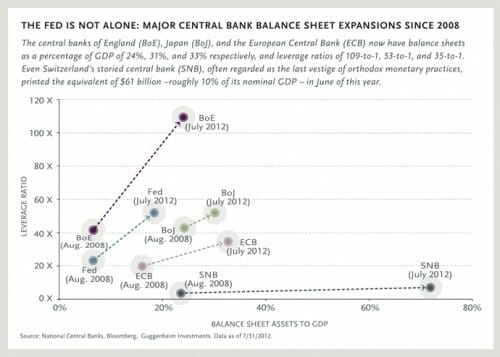This Is Why Freaking Republicans Drive Me Crazy
A little-noticed provision in a bill passed by the House this month calls for relying more on U.S.-flagged ships to deliver food aid to foreign countries—a change backed by labor groups and criticized by the White House.
The measure, tucked into a Coast Guard and maritime bill, would increase the proportion of food aid transported abroad on private ships flying the U.S. flag, which are required to employ primarily American mariners.
The Obama administration opposes boosting the requirement to 75% of food aid, in tons, from the current 50%, saying it would raise shipping costs by about $75 million a year—siphoning off funds that otherwise could be used to send food aid overseas.
Jeez, when President Obama of all people has to lecture you that protectionism and kowtowing to labor groups is costly, you have gone off the rails. The Jones Act is one of the stupidest pieces of interventionist legislation on the books and the House should be working on its repeal to sort out the oil transport mess. Instead, here are the Republicans in the House doubling down on it. With so-called friends of capitalism doing this garbage, who needs enemies? At least Progressives trash the economy without pretending that they are pro free market.
By the way, here is a bit from the Cato article on the Jones Act and oil and gas prices
First, the Jones Act - a 94-year-old law that requires all domestic seaborne trade to be shipped on U.S.-crewed, -owned, flagged and manufactured vessels – prevents cost-effective intrastate shipping of crude oil or refined products. According to Bloomberg, there are only 13 ships that can legally move oil between U.S. ports, and these ships are “booked solid.” As a result, abundant oil supplies in the Gulf Coast region cannot be shipped to other U.S. states with spare refinery capacity. And, even when such vessels are available, the Jones Act makes intrastate crude shipping artificially expensive. According to a 2012 report by the Financial Times, shipping U.S. crude from Texas to Philadelphia cost more than three times as much as shipping the same product on a foreign-flagged vessel to a Canadian refinery, even though the latter route is longer.
It doesn’t take an energy economist to see how the Jones Act’s byzantine protectionism leads to higher prices at the pump for American drivers. According to one recent estimate, revoking the Jones Act would reduce U.S. gasoline prices by as much as 15 cents per gallon “by increasing the supply of ships able to shuttle the fuel between U.S. ports.”
Some of these costs could potentially be mitigated if it weren’t for the second U.S. trade policy inflating gas prices: restrictions on crude oil exports. As I wrote for Cato last year, current U.S. law – implemented in the 1970s during a bygone era of energy scarcity and dependence – effectively bans the exportation of U.S. crude oil to any country other than Canada. Because U.S. and Canadian refinery capacity is finite, America’s newfound energy abundance has led to a glut of domestic oil and caused domestic crude oil prices (West Texas Intermediate and Louisiana Light Sweet) to drop well below their global (Brent) counterpart. One might think that this price divergence would mean lower U.S. gas prices, but such thinking fails to understand that U.S. gasoline exports may be freely exported, and that gasoline prices are set on global markets based on Brent crude prices. As a result, several recent analyses – including ones byCitigroup [$], Resources for the Future and the American Petroleum Institute - have found that liberalization of U.S. crude oil exports would lower, not raise, gas prices by as much as 7 cents per gallon.
